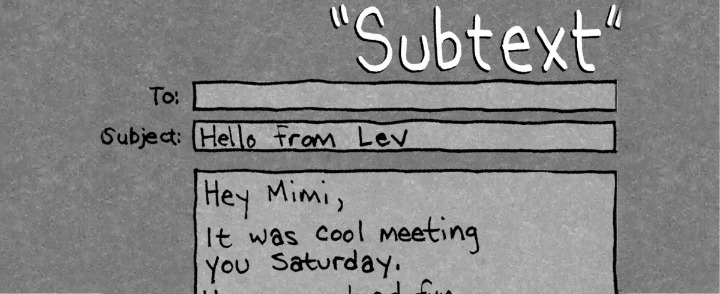I was in San Francisco for CTIA this week and took advantage of the opportunity to catch up with my Internet friends. It’s incredible how much buzz Facebook is generating.
There is no denying that the site is growing extremely fast. I can attest by the ever growing number of friend requests I get. It’s also the first consumer facing social networking site that I find truly useful. Its news feed is brilliant – at a glance I can see what all my friends are up to and contact them if appropriate.
Even my traditionally contrarian friends are bullish on the site. I pointed out to one of them the rapidly changing nature of the Internet: only 5 of the top 50 sites of August 2001 had increased their market share by August 2007 (see: Internet: we are still at the beginning!). Many completely fell of the map. Not too long ago MySpace was the “new new thing” and now it is poised to be displaced by Facebook in the next 2 years.
As one of my friends said: “What you say was also true for search engines until Google came along. Google was good enough and no one has been able to replace it since. The same thinks looks like it’s true for Facebook. You can’t underestimate the value of the controlling the social graph.”
Many have become true believers – witness Microsoft’s $240 million investment on a $15 billion valuation. There are rumors that Facebook is about to raise another $260 million on the same valuation from private equity investors and/or hedge funds.
I truly love Facebook. I probably spend 30 minutes every day on the site, but the contrarian in me feels that something is amiss about the story. My concerns are on sustainability and potential value.
1. Sustainability:
I have no doubt that social networks are here to stay. Throughout history humans have wanted to communicate with each other, express themselves and socialize. Social networks are just one modern incantation of this age old need.
I also have no doubt that Facebook has plenty of growth ahead of it as it reaches to both older and younger demographics and expands internationally.
I also believe that Facebook is the best social networking site in the market today and that it will overtake MySpace within two years.
What worries me is the fickle nature of Internet audiences today. Even if the site dominated for the next 5-10 years, does the next generation really want to be on the same site their parents are on? Could the very attempt at going mass market threaten the very basis for the site?
I am sure that the site will introduce features that will allow you to segment your “friends” in buckets with smartly predefined options: “Close friends” “Family” “Colleagues” “Random people who friended me on Facebook” etc., but it might still eventually lose its “new new thing” element if the next generation moved on.
2. Value:
Even if Facebook is sustainable, I am having a hard time seeing it having as much potential value as an advertising platform as Google.
On Google, the ads are extremely targeted and valuable. The users are expressing intentions by typing their search queries and the ads are directly related to that query and thus valuable to viewer and advertiser alike.
On Facebook the targeting is based on information users entered in their profile and the ads displayed are not related to the activity of the user and hence mere annoyances to be ignored.
As such, I have a hard time believing that over the long run Facebook’s eCPMs could come close to Google’s eCPMs.
The Economist seems to agree: There’s less to Facebook and other social networks than meets the eye
Non-sequitur: What should Facebook do now?
My instinct is that Facebook thinks it can defeat all the other social networks on its own and therefore does not need to buy them. As a result it will use its war chest to buy complementary products and technologies either to provide a better user experience or better monetization.
I think it should do both. With its cash and inflated price, it could probably buy Hi5, Bebo, Friendster, Tagged and One for $1 billion. They could probably buy StudiVz from the company that acquired it for a few hundred million as well. Those six acquisitions would all but guarantee temporary global domination in the social networking landscape. Facebook might catch up on its own, but it might not and the small dilution required to make the acquisitions would be highly justified given the decrease in risk and increase in scale.
Similarly I recommended Google buy Yandex (Russia) and Baidu (China) when it had the chance. Google thought it could win on its own and now finds itself a distant player in both markets.
Conclusion:
Mark Zuckerberg and Facebook are going to be a case study at HBS no matter what. He is clearly extremely smart and was right to turn down Yahoo’s $1 billion offer when I am sure many were pressuring for a sale.
The question is how will it all end? It will either be the amazing success story of the people who had the foresight to see how big a company they were building and wisely turned down offers for billions of dollars or a cautionary tale of people who over extended themselves.
I don’t know the terms of the Facebook fund raising, but if there is any liquidation preference and if the growth in profitability is not as high as they expect and hence the valuation in a few years much lower than the current $15 billion, such a large raise on such a high valuation might come back to haunt them. If the bidding war meant it’s all common stock you can ignore this comment and I applaud the move 🙂
What do you think?









